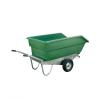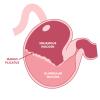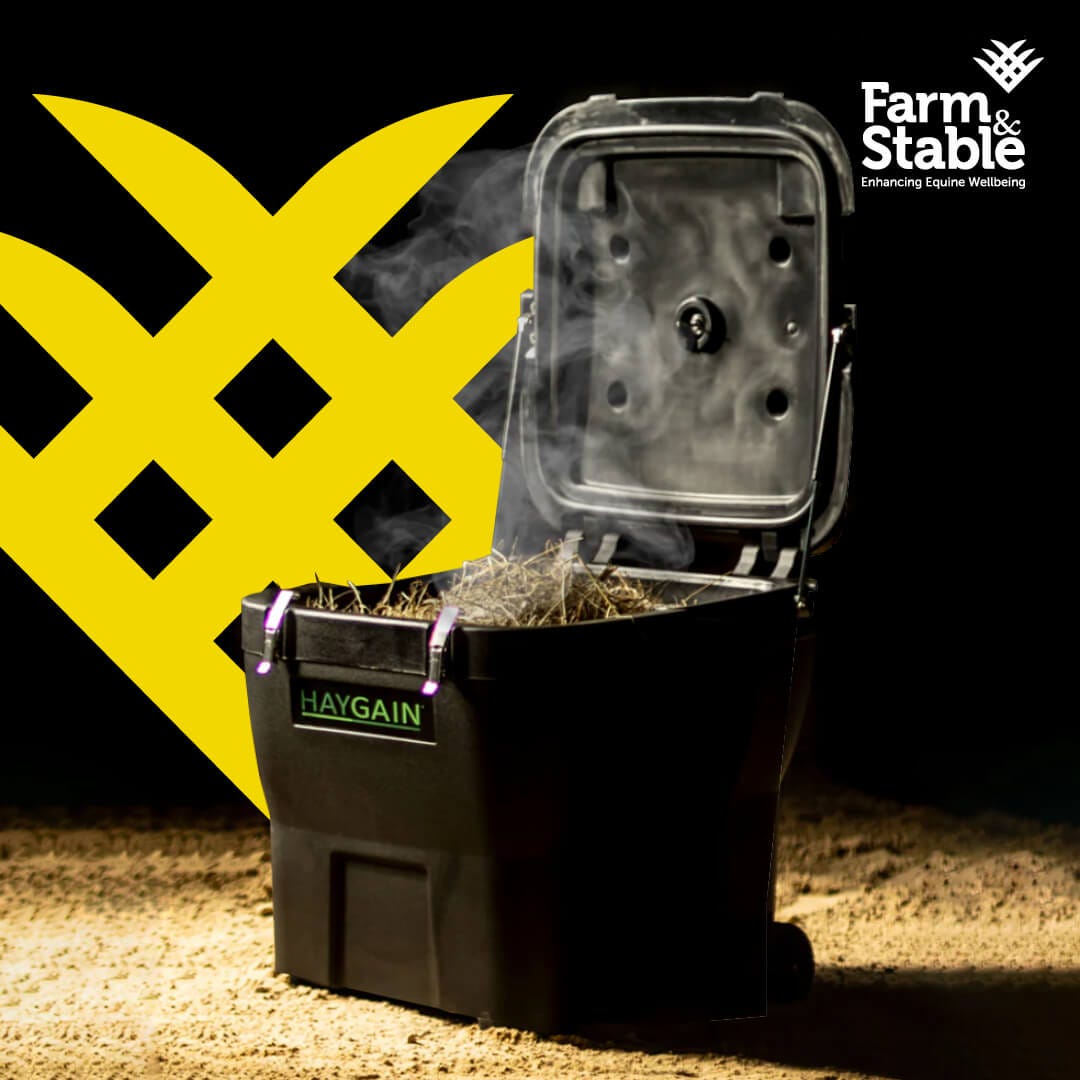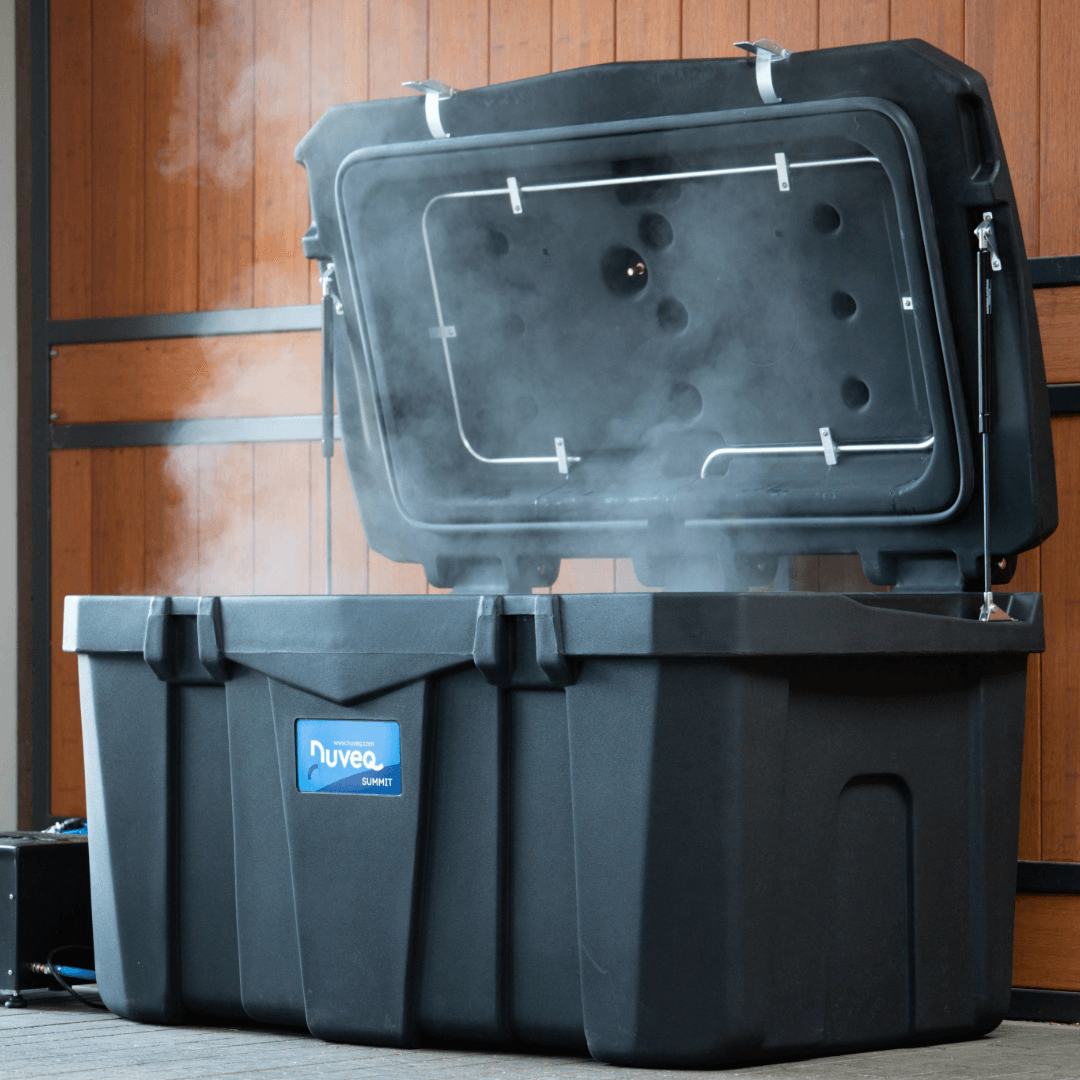Winter Worming: Identifying & treating Encysted Redworm in horses

Small redworm Cyathostomin/Small Strongyles, are one of the most common endoparasites in equines, and during the winter, the larvae (larval Cyathostominosis) hibernate in the gut wall (hypobiotic larvae) and emerge when the weather warms in the spring. At this point they emerge simultaneously and in considerable numbers, causing severe intestinal wall damage. The results of this mass emergence can cause sudden weight loss, abnormal blood conditions, diarrhoea, colic and even sudden death.
Identifying Encysted Redworm in Horses
 Encysted small redworm symptoms are not always easy to detect, this stage can’t be picked up by a FWEC (faecal worm egg count). Badly affected horses will often look slightly bloated due to the inflammation. This can make a horse look pregnant or can give the appearance of overweight even. This can clearly be seen in wild horses such as the new forest which have not been treated so therefore have a high worm burden. Although it is thought that typically, native breeds may have a stronger resistance to parasite burdens.
Encysted small redworm symptoms are not always easy to detect, this stage can’t be picked up by a FWEC (faecal worm egg count). Badly affected horses will often look slightly bloated due to the inflammation. This can make a horse look pregnant or can give the appearance of overweight even. This can clearly be seen in wild horses such as the new forest which have not been treated so therefore have a high worm burden. Although it is thought that typically, native breeds may have a stronger resistance to parasite burdens.
Treatments for Encysted Redworm in Horses
 Encysted redworm treatment is therefore essential to the horse’s health and should be combined with a horse worming programme which includes a wormer suitable for encysted redworm in the winter period. Suitable drugs to treat this stage in the UK include a 5-day course of Fenbendazole (Panacur Guard) or a single treatment of Moxidectin (Equest or Equest Pramox), the latter treating for tapeworm at the same time. December or January may be considered as good strategic points for this treatment.
Encysted redworm treatment is therefore essential to the horse’s health and should be combined with a horse worming programme which includes a wormer suitable for encysted redworm in the winter period. Suitable drugs to treat this stage in the UK include a 5-day course of Fenbendazole (Panacur Guard) or a single treatment of Moxidectin (Equest or Equest Pramox), the latter treating for tapeworm at the same time. December or January may be considered as good strategic points for this treatment.
Treating encysted redworm in horses should be part of a worming plan for horses in your care with equine horse wormer and part of a horse wormer rotation plan that can be drawn up with assistance of your vet or SQP (Suitably Qualified Person), trained and qualified to assist you.
Importantly, get good advice on redworm in horses as this will help understand the encysted small redworm stage, and when to worm as parasitic worm damage can cause irreversible damage to the gut and other organs of your animals.
(images supplied by Zoetis)
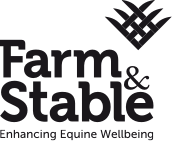

 Forgotten your password?
Forgotten your password?  Free Delivery on all orders over £95+VAT
Free Delivery on all orders over £95+VAT
